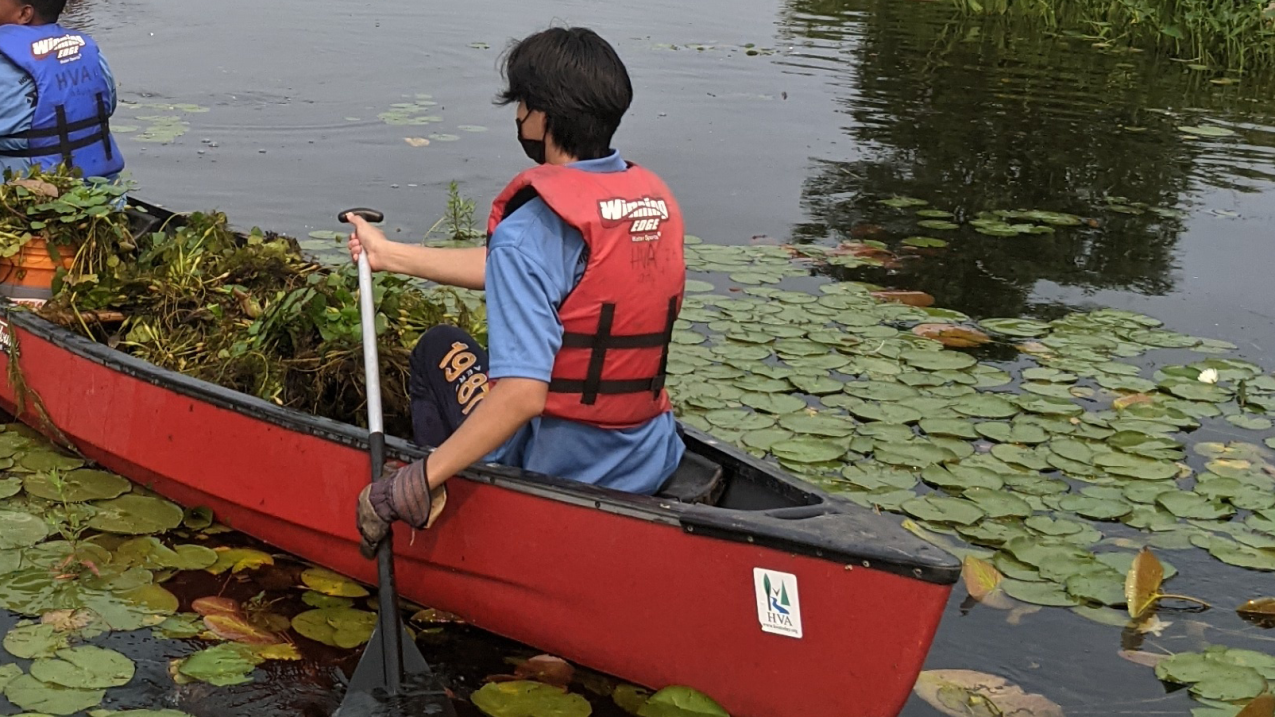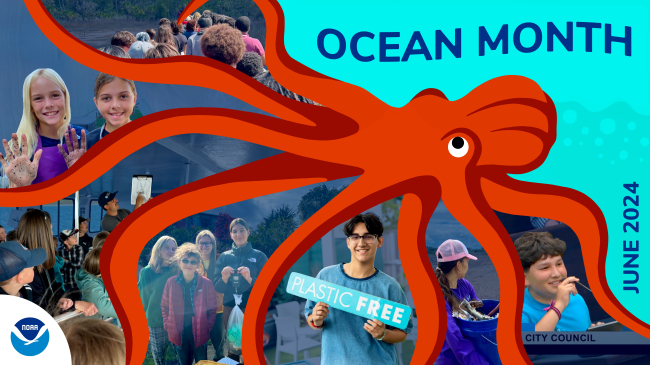The community of Danbury, Connecticut has long faced issues with pollution, destroyed habitats, and limited riverside recreational spaces within the impaired Still River Watershed. In response, Danbury High School offered an aquatic science course to its students, but educators weren’t satisfied that it was quite living up to its full potential. They wanted a way to integrate more locally relevant environmental and watershed challenges, include student-driven solutions to improve watershed issues, and increase student exposure to science, technology, engineering, and mathematics (STEM) careers.

(Image credit: Katherine Scott/HVA Connections, Peggy Stewart/Western Connecticut State University)




